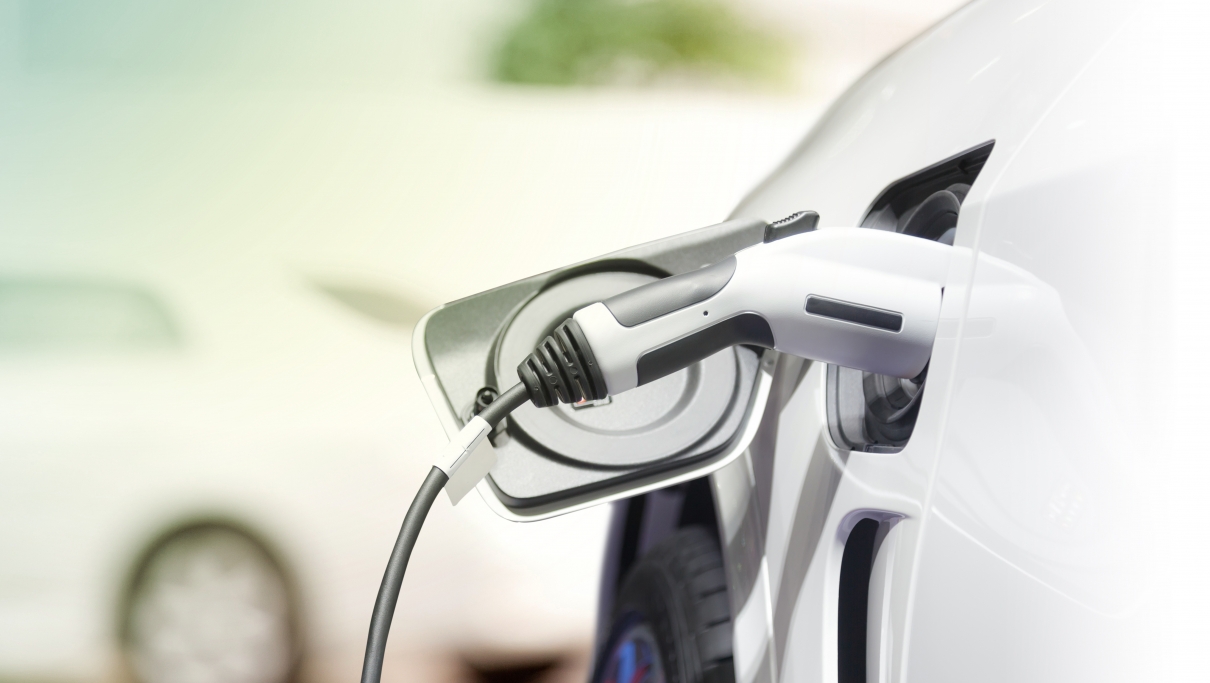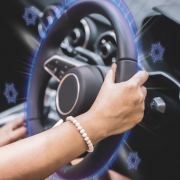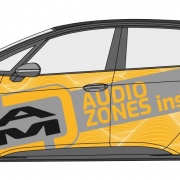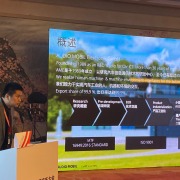Reservations about electric vehicles in Europe
Half of consumers in Europe see environmental benefits in purchasing electric cars, but have reservations about charging points and performance. However, the latest study by data analyst YouGov shows a general increase in acceptance of the vehicles.
Around 11,000 people in nine European countries were surveyed by YouGov on the subject of electromobility. 3% of respondents already have an electric car, 53% still use petrol and 33% diesel. A particularly meaningful measurement concerns the factors that speak for or against a purchase in this category.
Although 25% are considering an electric vehicle, hybrid cars are preferred (30%). More than half of Europeans cite cost as the main factor that speaks against the purchase. The low number of charging stations and the limited range are also mentioned as decisive factors.
So why do Europeans want to buy electric vehicles? 51% say that they would reduce their impact on the environment. Lower maintenance costs, tax advantages and the availability of parking spaces also play a role. While many of those surveyed see clear advantages over buying a petrol car, there are just as many doubts.
The fact is that only 2% of Europeans already own an electric or hybrid vehicle. In addition, 12% state that they would not recommend buying a car in these categories.
AUDIO MOBIL CEO Thomas Stottan also sees this as a statement on usability and the need to adapt it. "The success or failure of electric and hybrid vehicles will not ultimately depend on the motor drive. Rather, it will be about the advantageous use and adaptation of the operating concept." The company founder has been working on the digitalization of mobility and usability as such for over 30 years. He is also a hybrid driver himself and sees two major sticking points in efficient use: "If you talk to other electric vehicle owners, there are two aspects that definitely need to be optimized. On the one hand, an automatic fuel filler flap should be considered, but what is even more important is automatic charging, for example using an inductive charging plate. This means that users no longer have to think about charging their vehicles and range is no longer an issue. Then, in my opinion, electromobility would find more acceptance." Experience with hybrid vehicles shows that with continuous, automatic charging, short journeys can be made at well over 70% and long journeys up to 20% purely electrically.
Thomas Stottan also notes that car manufacturers could use user studies, which can be covered by the expertise of AUDIO MOBIL Elektronik GmbH, to filter out further positive aspects that need to be optimized. An adapted usability concept would also lead to further acceptance of electric vehicles on the European automotive market. An expansion of charging stations or a reduction in acquisition costs will hardly be enough to achieve this.
Further aspects of e-mobility can be found here.









 Stefan Bausewein
Stefan Bausewein
Your comment
Join the discussion?Leave us your comment!